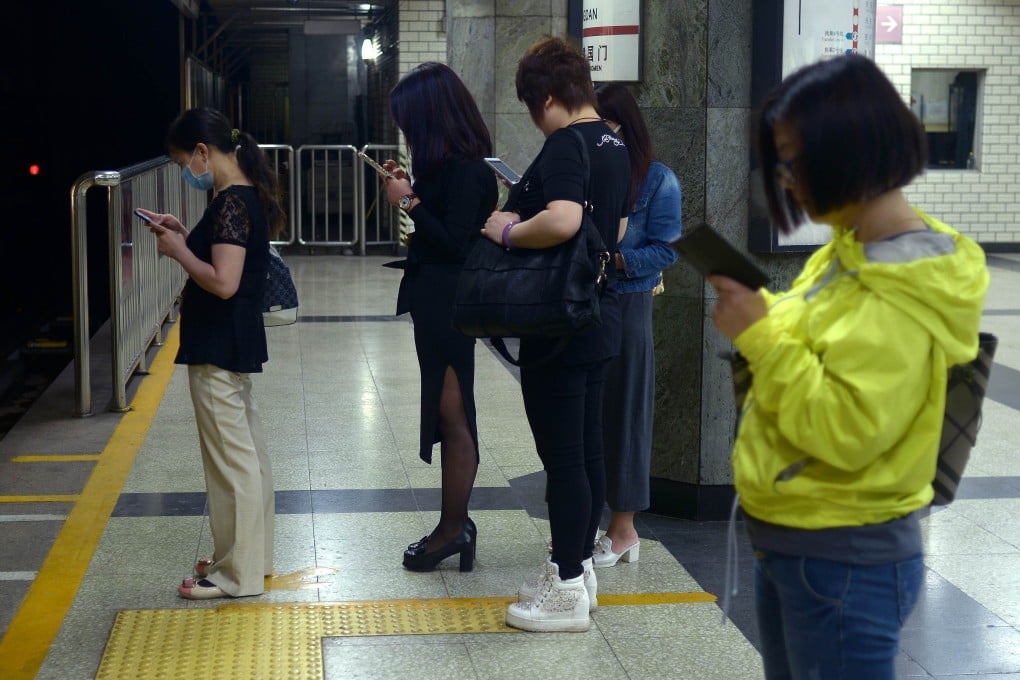Mr. Shangkong | Small change in China's mobile data services shows big power struggle in reform
Incident with Big Three network operators reflects the difficulties of economic reform

Premier Li Keqiang has apparently lost his patience in recent weeks about many small but important things, as China's Big Three mobile network operators were eventually forced by the premier to cut the prices for their mobile data services and increase internet access speeds.
Li had to personally host meetings to place a strong and decisive order for the Big Three - China Mobile, China Unicom and China Telecom - to change their service plans.
It made him a sympathetic figure. As premier, he must have many more important and bigger issues to deal with on a daily basis. Shouldn't this be the job of Li's subordinate, the minister in charge of the telecommunications industry, rather than Li himself?
The incident with the Big Three reflects how difficult it is for the Chinese government to reform its economy, especially when dealing with state-owned enterprises.
Earlier this year, both Li and Li's boss -- President Xi Jinping -- complained on different occasions about the challenges in getting central government policies executed quickly at ground level.
It is no secret that the central government has seen increasing difficulties in coordinating with different ministries and local governments.
The popular joke spreading widely in Chinese society is that sometimes "policy orders can only be known within Zhongnanhai", referring to the central government's head office near Tiananmen Square in Beijing where Xi and Li work every day.
